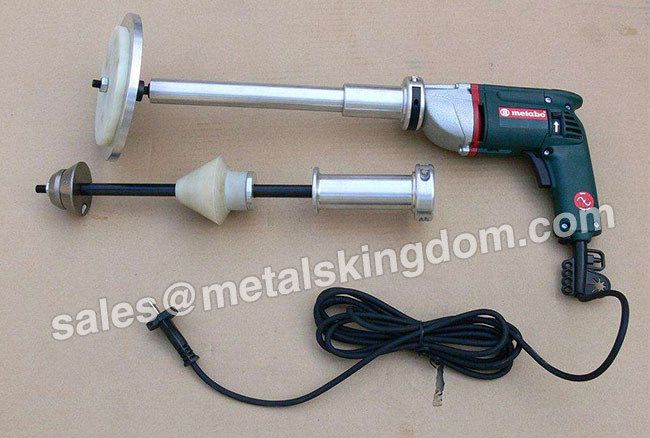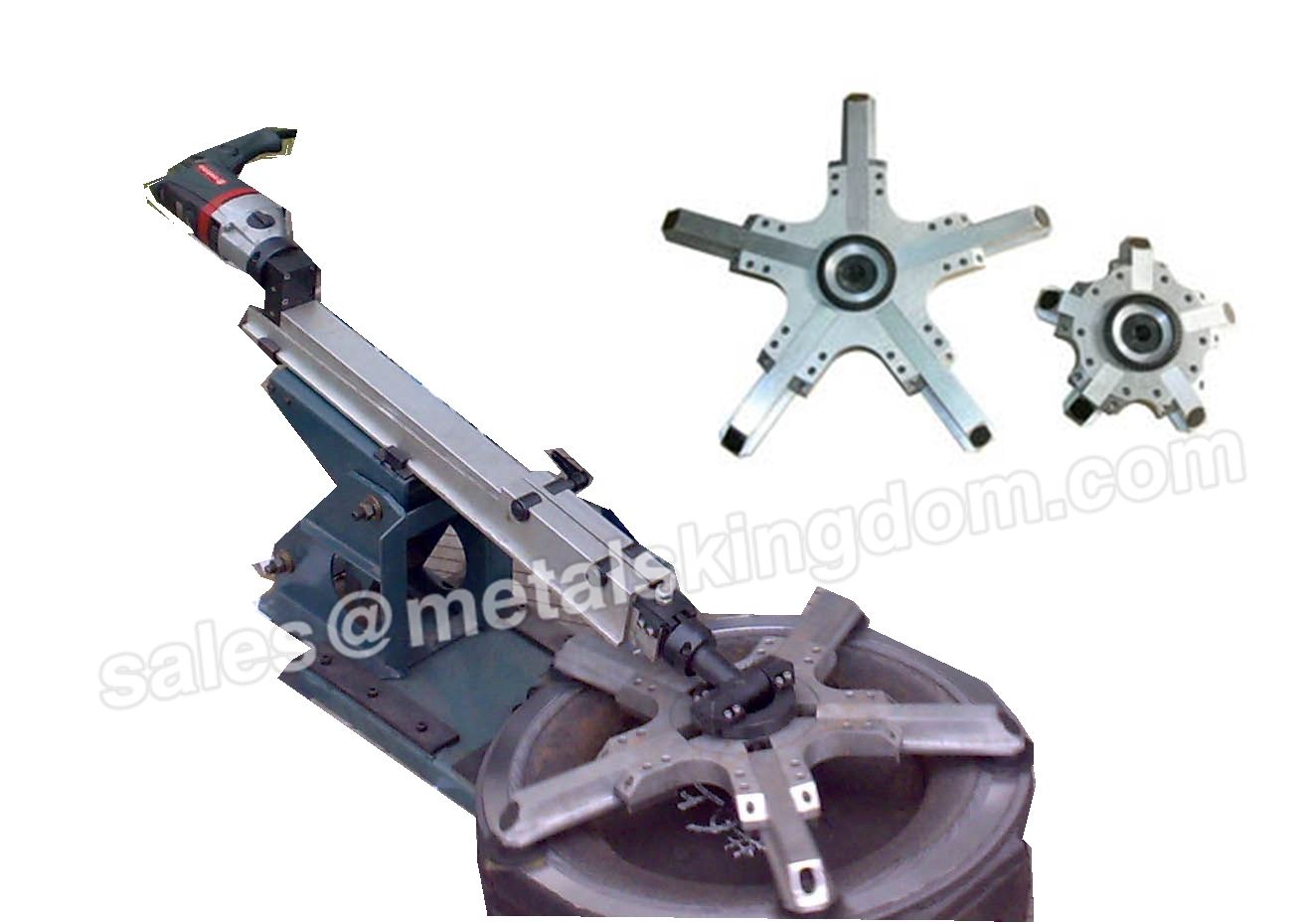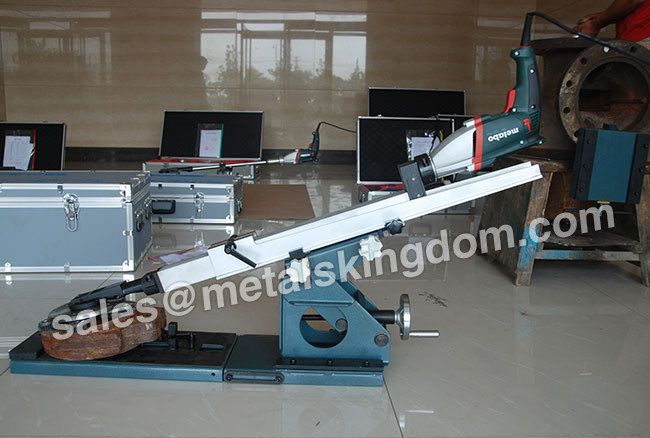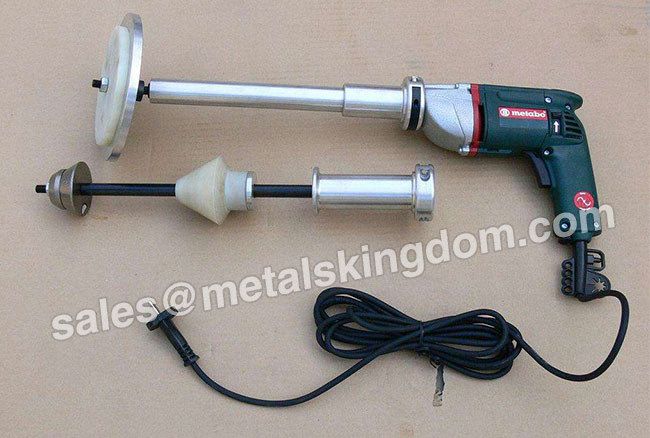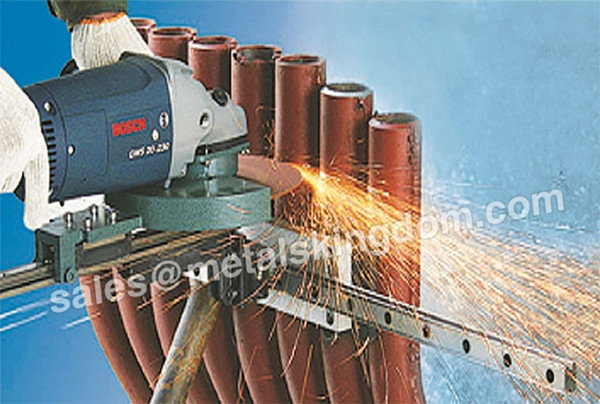
Pipe Beveling is primarily a process used to prepare metal pipes or tubes for welding by cutting a slope on the edge of the pipe. It is used in a variety of industries, from petrochemical processing plants to food processing and general construction.
Shops who use bevelling machines regard them as an indispensable tool in their “competitive advantage” arsenal. If you are not bevelling, it could be costing you more in terms of quality and time than you expect.
There are many ways to bevel, including hand grinding, flame cutting and machining, and there are many machines available to choose from. When choosing your machine, remember that an excellent beveling machine:
Is efficient
Is lightweight
Is easy to adjust
Is easy to handle
Requires little set-up
Operates at a fast speed
Presents no health hazards to the operator
Has the ability to produce oxide-free cutting edges
You also need to consider what kind of bevel is best suited for your application and whether the machine in mind is best suited to this application.
Factors that affect the quality of your bevel
When deciding what beveling method to use, you need to consider the factors below that may be specified in the manufacturer’s drawings or blueprint:
Length of the bevel
The length of the bevel (sometimes referred to as the land), refers to the length of material removed to allow the weld bead to be laid into the material. Regardless of how it is measured, accuracy is important. Having a consistent length of bevel ensures easier operation when the welding is done. It reinforces the weld and makes it stronger simply because the integrity remains the same throughout the material being weld together.
Degree of the angle
Different angles apply to different applications. The standard bevel for most cases of beveling pipe is 37.5° angle, but this is not the same for other metal applications. The critical key to a good bevel is being able to keep that angle within the tolerance level, whatever the degree.
Speed
Everyone knows time is money. The less time it takes to bevel, the more money you are making or saving, so it is important you choose a technique that can be done in the fastest cycle time possible.
Safe beveling
When certain metals are heated they release fumes that can be toxic. If your workers are not using proper ventilation or masks they are potentially exposed to a serious health risk. Make sure you know what specific metals are being used when working with a heat source and monitor the fumes that are produced. This critical factor should never be overlooked nor minimized.
Heat affected zone (HAZ)
If the term “heat-affected zone” (HAZ) is mentioned in the weld specifications, you must avoid heating the material that is being welded together. This is because metal is produced by combining varying levels of different alloys such as chromium, magnesium and iron to comprise the required structural characteristics of the metal for a specific purpose. When heat is later applied to this metal, the micro-structural characteristics of that alloy composition can change the material you originally purchased into a different metal. This means that heating the metal by working on it can ultimately change and/or affect many other components of your operation.
We are a pipe beveling machine supplier, please feel free to contact us if you need them!




